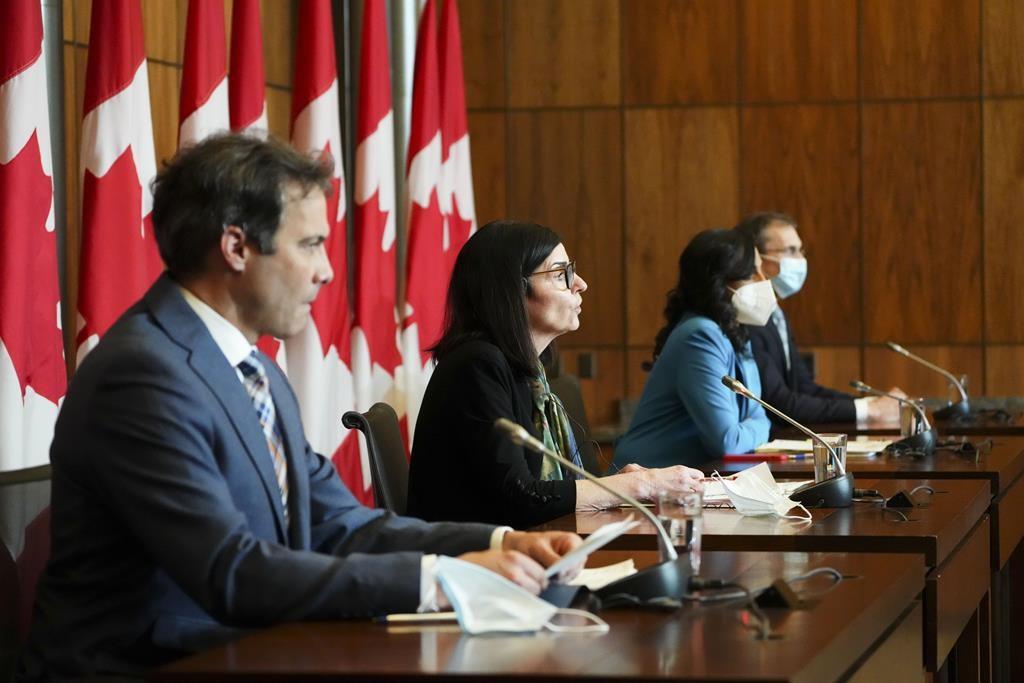Alexander Jeglic, the independent ombudsman tasked with investigating allegations of bias in the award of government contracts, has filed an annual report that says federal departments refuse to provide his office with documents and participate in mediation to solve disputes.
On Oct. 19, the Office of the Procurement Ombudsman (OPO) presented its annual report in Parliament for the period of April 1, 2021, to March 31, 2022.





